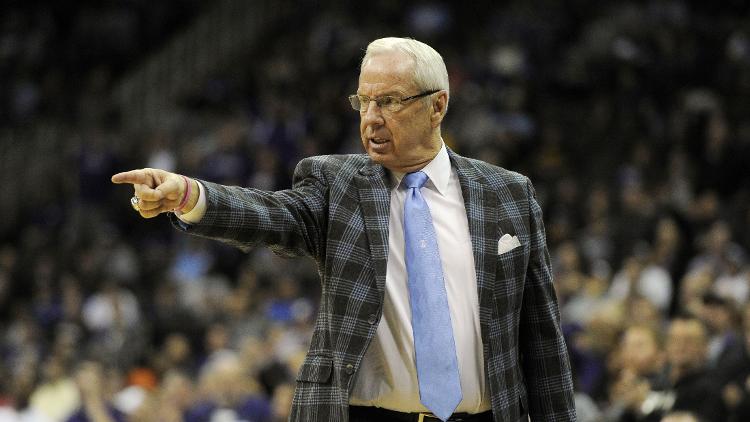
North Carolina also faced an improper-benefits charge tied to athlete access to the problem courses and lack of institutional control, while a former professor and academic counselor for women’s basketball was charged with providing improper help on assignments. “While student-athletes likely benefited from the so-called ‘paper courses’ offered by North Carolina, the information available in the record did not establish that the courses were solely created, offered and maintained as an orchestrated effort to benefit student-athletes,” said Southeastern Conference Commissioner Greg Sankey, the panel’s chief hearing officer. It’s a long-awaited step for both the school and NCAA. Investigators first arrived at UNC more than seven years ago in a football probe that ultimately spawned into this case focused on irregular courses featuring significant athlete enrollments. The ruling comes roughly eight weeks after UNC appeared before the infractions panel in August in Nashville, Tennessee, for a two-day hearing that included Chancellor Carol Folt, athletic director Bubba Cunningham, men’s basketball coach Roy Williams, football coach Larry Fedora and women’s basketball coach Sylvia Hatchell. The school faced five top-level charges, including lack of institutional control, though no coaches were charged with wrongdoing.We no go live to North Carolina’s locker room. pic.twitter.com/7pT3P8q64K
— Rob Dauster (@RobDauster) October 13, 2017
The focus was independent study-style courses in the formerly named African and Afro-American Studies (AFAM) department on the Chapel Hill campus. The courses were misidentified as lecture classes but didn’t meet and required a research paper or two for typically high grades. In a 2014 investigation, former U.S. Justice Department official Kenneth Wainstein estimated more than 3,100 students were affected between 1993 and 2011, with athletes across numerous sports making up roughly half the enrollments. The NCAA had said UNC used those courses to help keep athletes eligible. After sanctioning the football program in March 2012 in the original case, the NCAA reopened an investigation in summer 2014, filed charges in May 2015, revised them in April 2016 and again in December. The NCAA originally treated some of the academic issues as improper benefits by saying athletes received access to the courses and other assistance generally unavailable to non-athletes. The NCAA removed that charge in the second Notice of Allegations (NOA), then revamped and re-inserted it into the third NOA. UNC had challenged the NCAA’s jurisdiction, saying its accreditation agency — which sanctioned the school with a year of probation — was the proper authority and that the NCAA was overreaching in what should be an academic matter . The NCAA enforcement staff countered in a July filing: “The issues at the heart of this case are clearly the NCAA’s business.” UNC has argued non-athletes had access to the courses and athletes didn’t receive special treatment. It also challenged Wainstein’s estimate of athlete enrollments, saying Wainstein counted athletes who were no longer team members and putting the figure at less than 30 percent. ___ Follow Aaron Beard on Twitter at http://www.twitter.com/aaronbeardapOfficial statements from Roy Williams, Larry Fedora, Bubba Cunningham, Sylvia Hatchell … pic.twitter.com/LvXYfA7aTK
— Andrew Carter (@_andrewcarter) October 13, 2017





